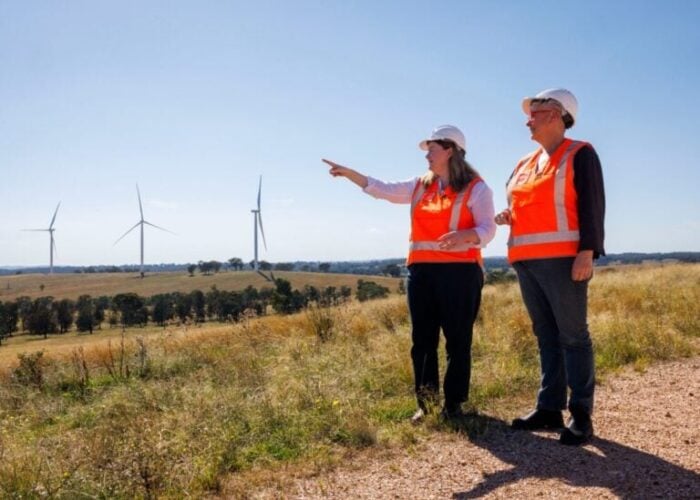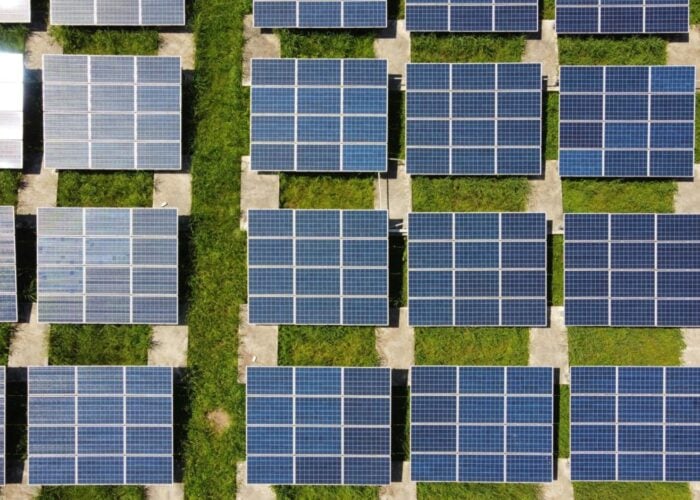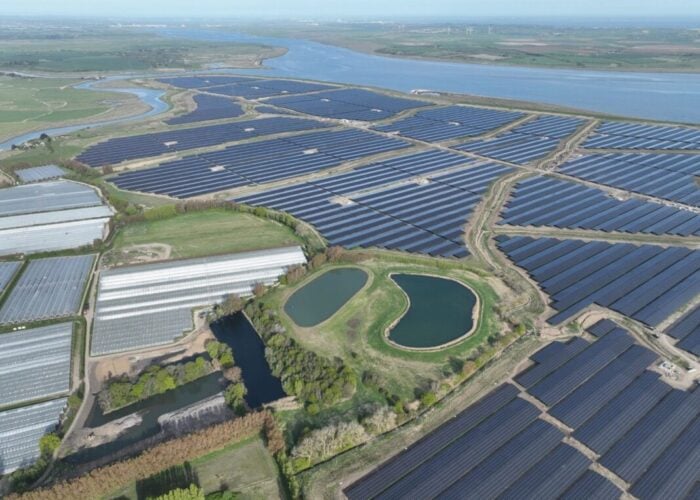Mexican President Felipe Calderón was among government and company officials on hand Feb. 5 to inaugurate Kyocera Solar’s second PV module manufacturing plant in Tijuana, Mexico. The two-story production facility, which connects to the pre-existing Kyocera panel fab, will have a maximum annual output of 750,000 crystalline-silicon modules, equivalent to a nameplate capacity of 150 MW.
President Calderón also announced his intention to implement a large-scale program of renewable energy in Mexico, which will include Mexican-made solar modules such as those produced at Kyocera.
“Kyocera gives us a clear case of how we can transform critical moments into new opportunities using long-term vision,” he said through an interpreter. “I know that Kyocera will sell these panels quickly as warm bread, even before the U.S. economy recovers, especially with a society that is clearly looking to renewable energy, such as California.”
Unlock unlimited access for 12 whole months of distinctive global analysis
Photovoltaics International is now included.
- Regular insight and analysis of the industry’s biggest developments
- In-depth interviews with the industry’s leading figures
- Unlimited digital access to the PV Tech Power journal catalogue
- Unlimited digital access to the Photovoltaics International journal catalogue
- Access to more than 1,000 technical papers
- Discounts on Solar Media’s portfolio of events, in-person and virtual
Steve Hill, president of Kyocera Solar, compared the current economic recession with the downturn of 1973, which had been caused by the world’s first energy crisis and global dependence on fossil fuels. That recession ended with at least one favorable development.
“It was in 1973 that Kyocera’s founder, Dr. Kazuo Inamori, began researching solar energy,” he said. “Today, solar energy products represent Kyocera’s fastest-growing business worldwide.”
The new facility is part of the company’s multiyear plan to expand its global manufacturing capacity for solar modules, which are made in Mexico, the Czech Republic, Japan, and China, where construction on the new plant in Tianjin City is scheduled to begin in April, with the facility coming online in 2010. By the end of March 2012, the company’s four regional sites will have 650 MW in combined annual capacity.
Kyocera has said it expects to invest an estimated 30 billion yen (about $300 million) in plant and equipment during the course of the expansion plan, both at these module manufacturing sites and at its solar-cell production center in Yohkaichi, Japan.







